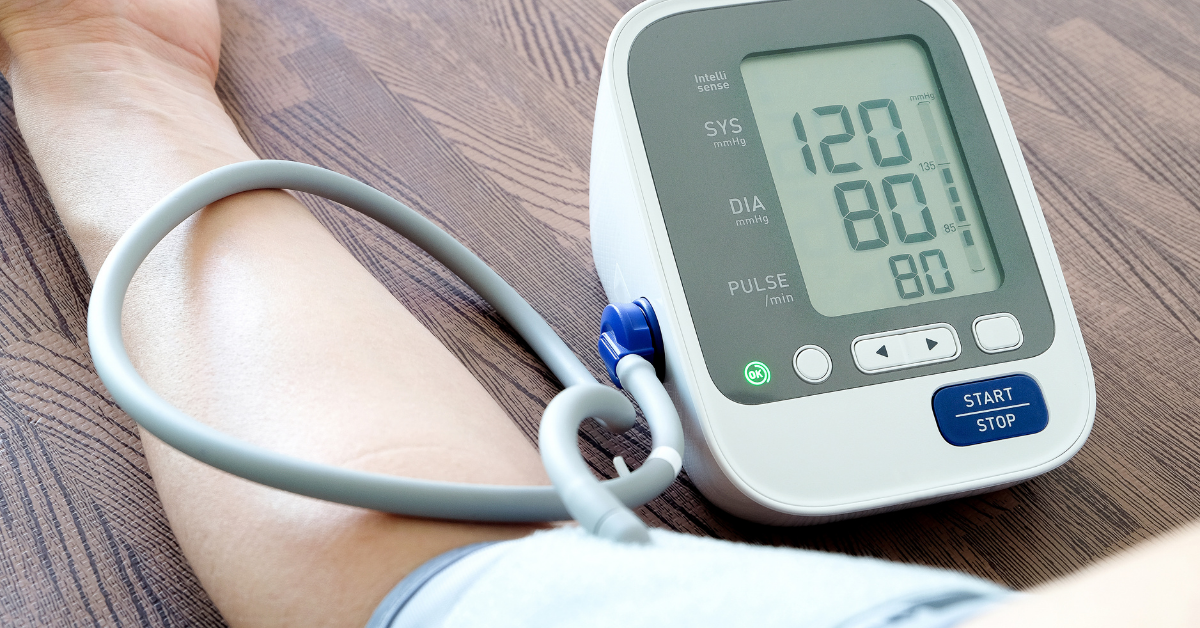
High blood pressure or hypertension is a known risk factor for heart disease and stroke. Taking charge of your health by developing sustainable habits like regular exercise, eating a balanced diet and getting sufficient rest helps keep blood pressure within normal ranges.
Tryon Medical Partners’ family medicine physicians recommend these five tips to help people lower their blood pressure without the intervention of medication.
1. Eat a balanced diet
A well-rounded diet is a big part of leading a healthier lifestyle. Incorporate whole grains, fruits, vegetables and low-fat dairy products while reducing sodium intake. If snacking between meals, choose healthier options.
People can start changing their eating habits by keeping a food diary, reading food labels and referencing the DASH (Dietary Approaches to Stop Hypertension) eating plan.
2. Exercise regularly
From a brisk walk to taking the dog for a quick run, consistent exercise should be a priority. Physical activity can help keep people at a healthy weight and lower their blood pressure. Aim to walk, jog, cycle, swim or dance for at least 30 minutes each day. Lifting weights can also help lower blood pressure and people should try incorporating strength training exercises at least twice a week.
3. Get plenty of sleep
Getting enough sleep is important to overall health, clear thinking and everyday function. Establish healthy sleep habits that consist of a set bedtime avoiding electronics and ensuring your bedroom is quiet and relaxing.
4. Don’t smoke and limit alcohol
When people smoke or drink too much alcohol they can raise their blood pressure putting them at an increased risk for heart attack and stroke. The CDC recommends that men consume no more than two alcoholic drinks per day, and women should stick to one per day. Smoking and tobacco use in general is bad for the lungs and overall health. For help quitting, talk to your doctor about options and visit the CDC’s Smoking and Tobacco Use website for more information.
5. Decrease stress
Chronic or occasional stress can contribute to high blood pressure. It’s important to pinpoint stress triggers, such as work, finances, family or illness.
Coping with stress is possible through deep breathing exercises, making time to relax, practicing gratitude, avoiding stressful situations and knowing when to see your doctor.
These healthy habits combined with routine doctor visits are key to lowering blood pressure. Find out if your blood pressure is in the normal range by scheduling a check-up today.
